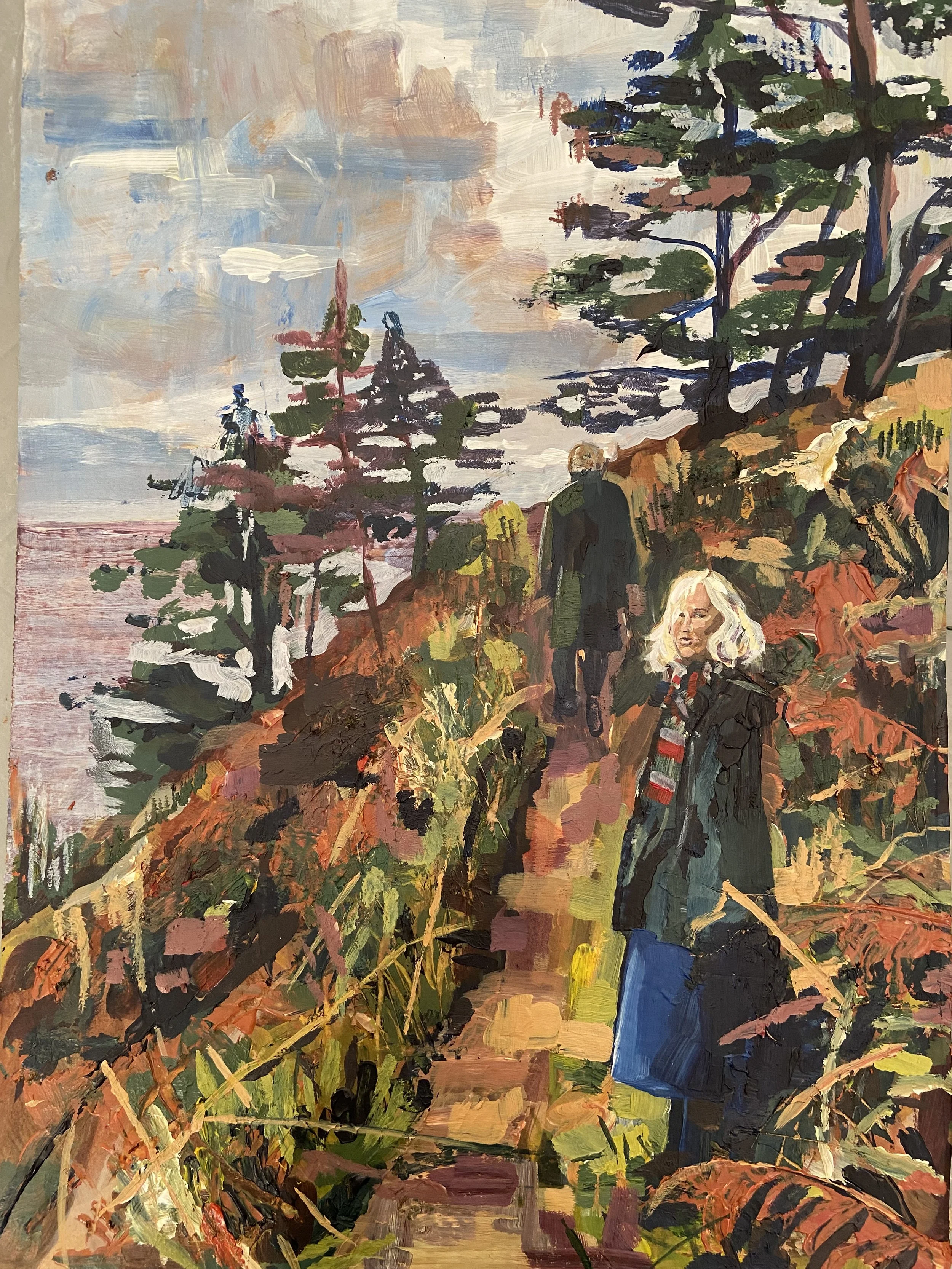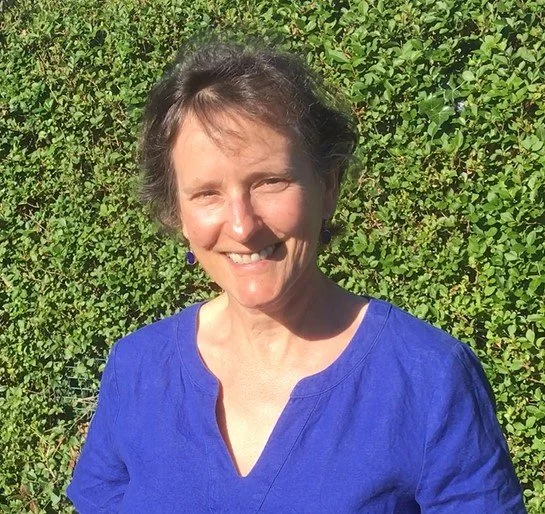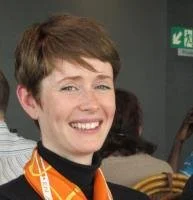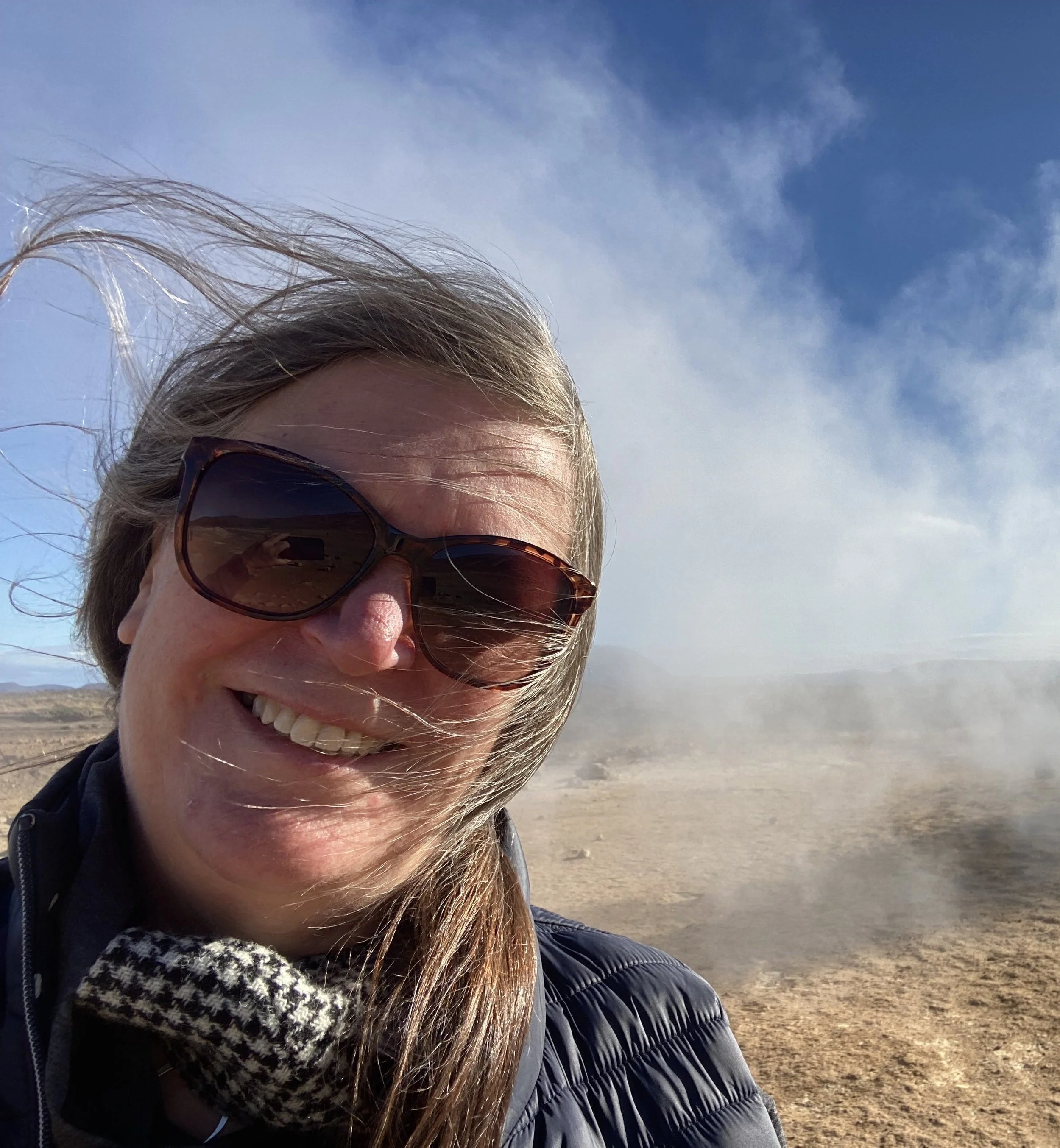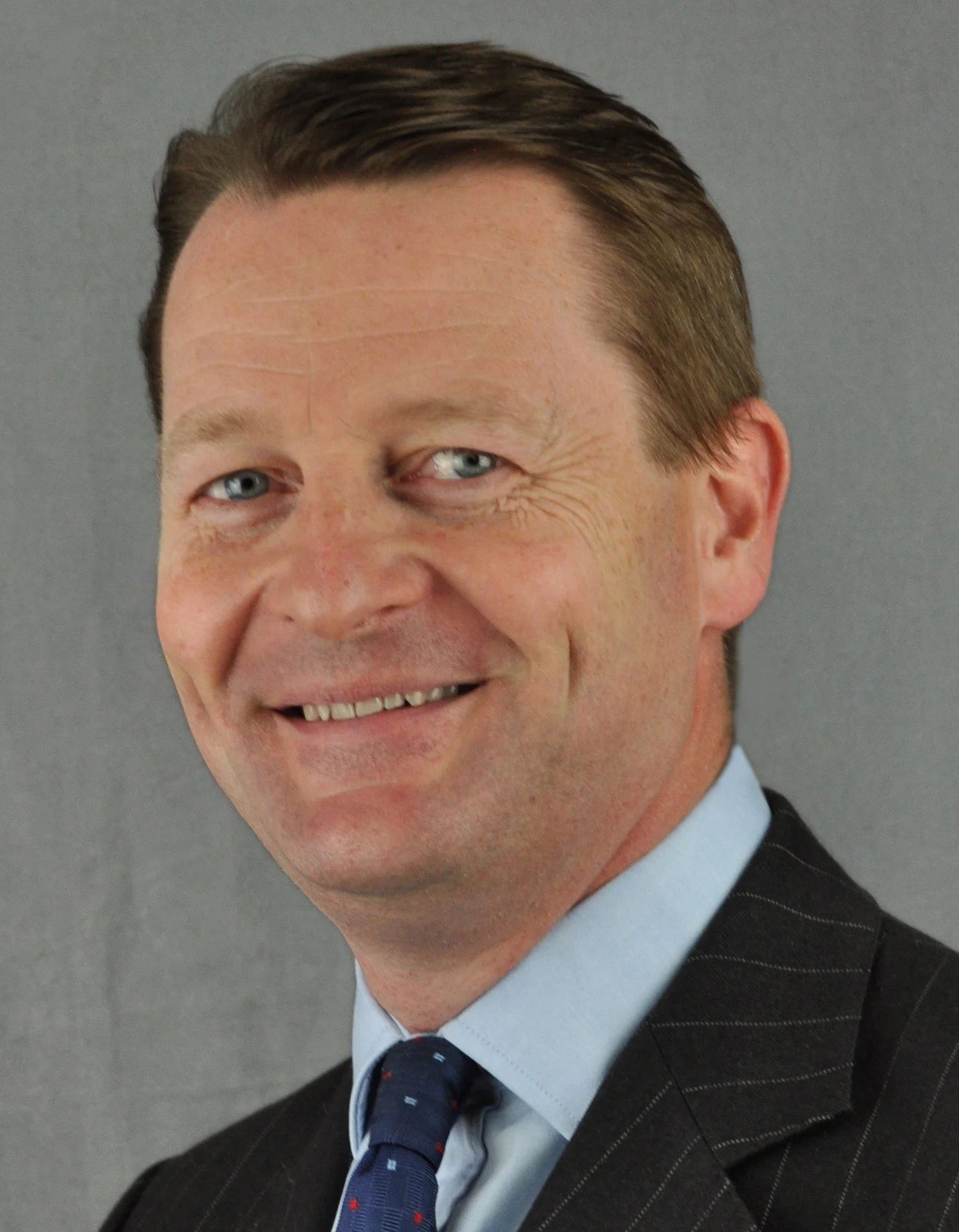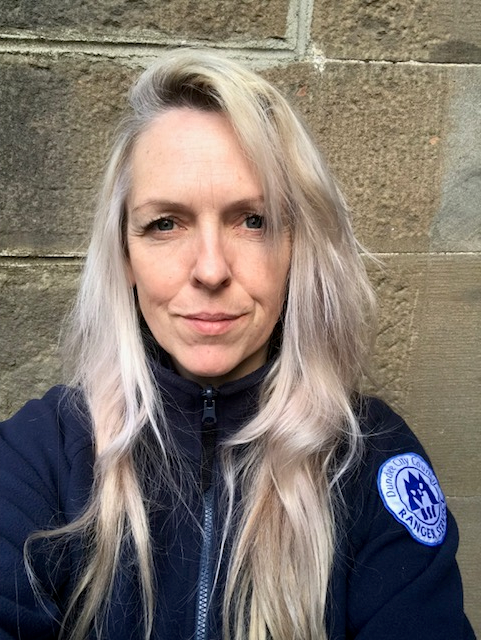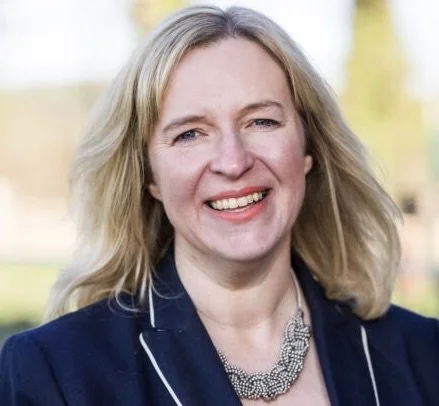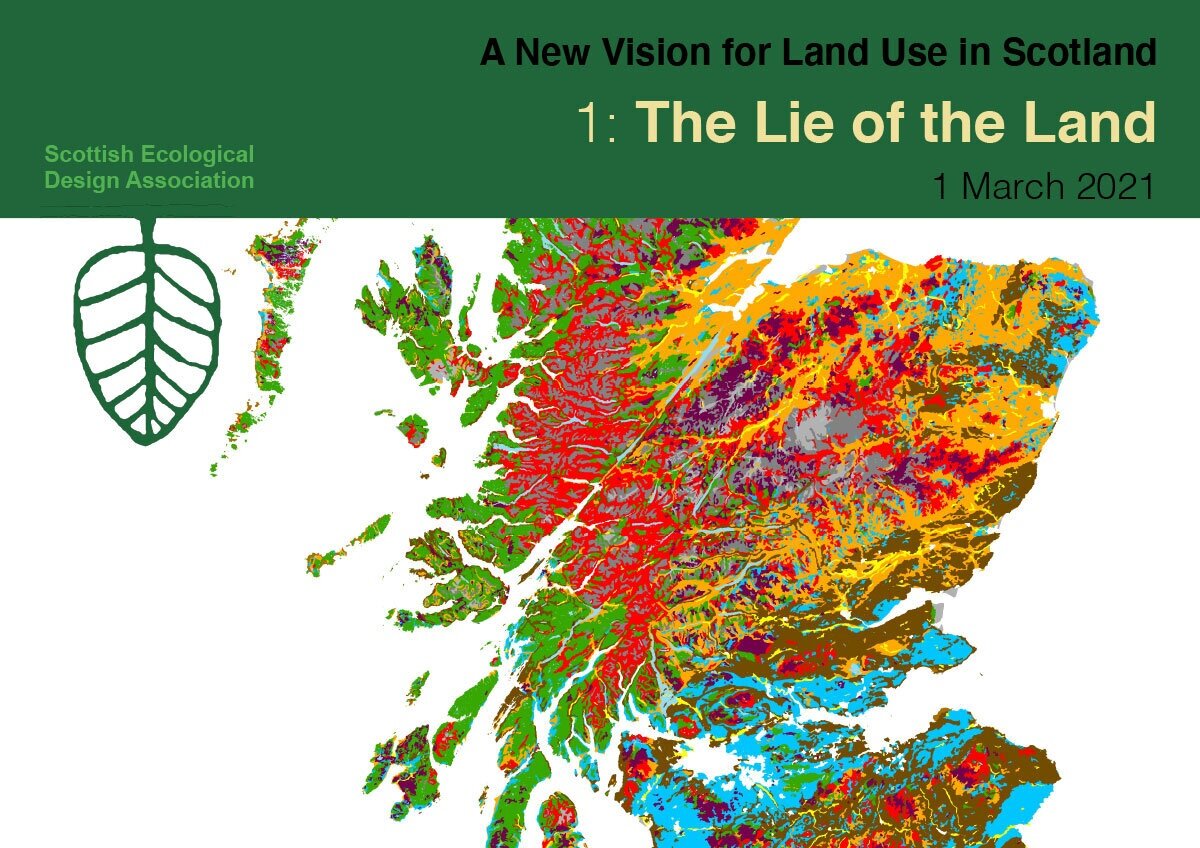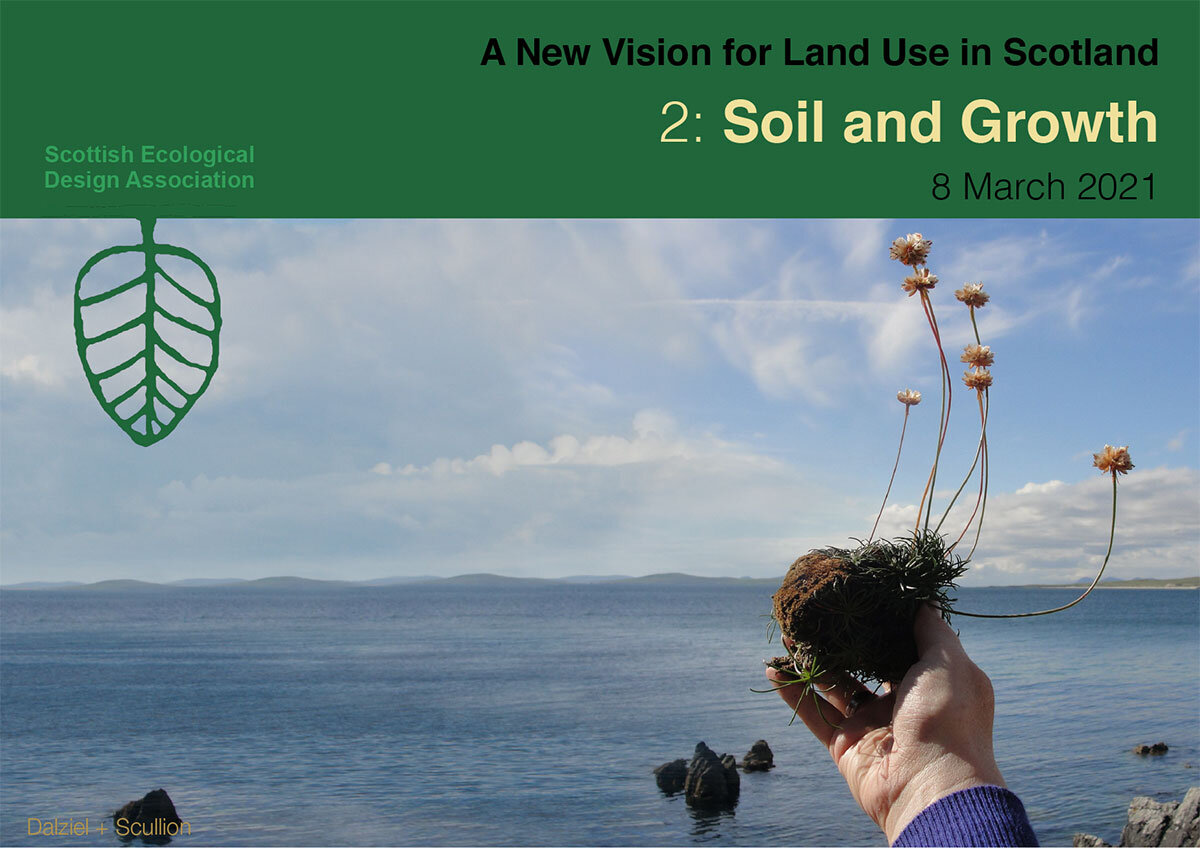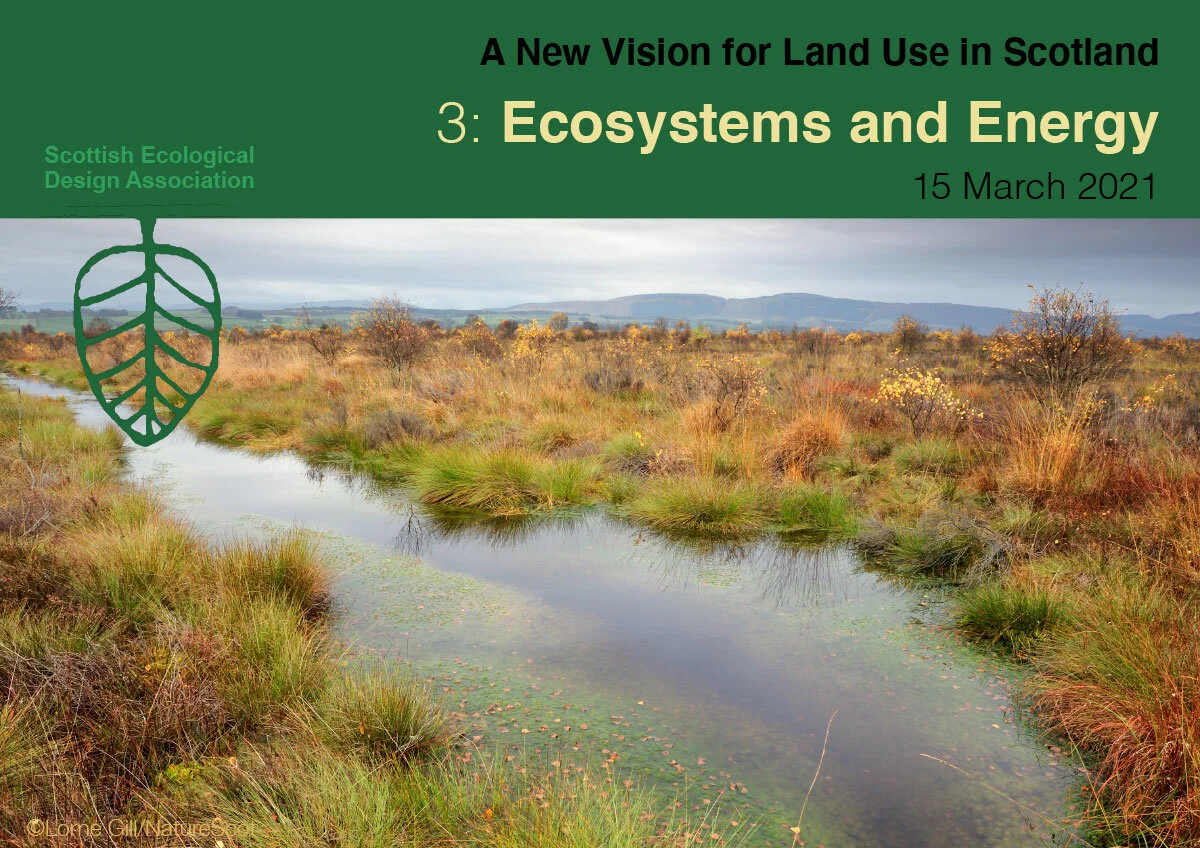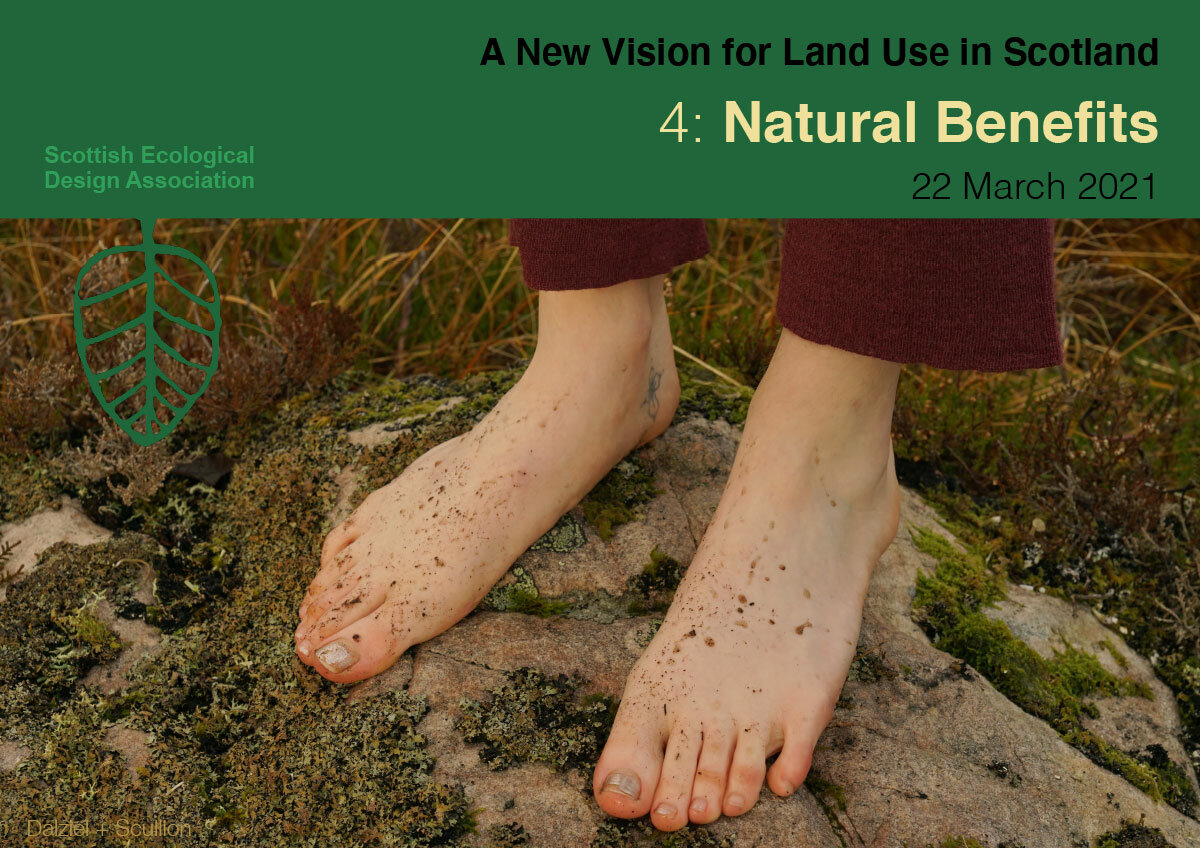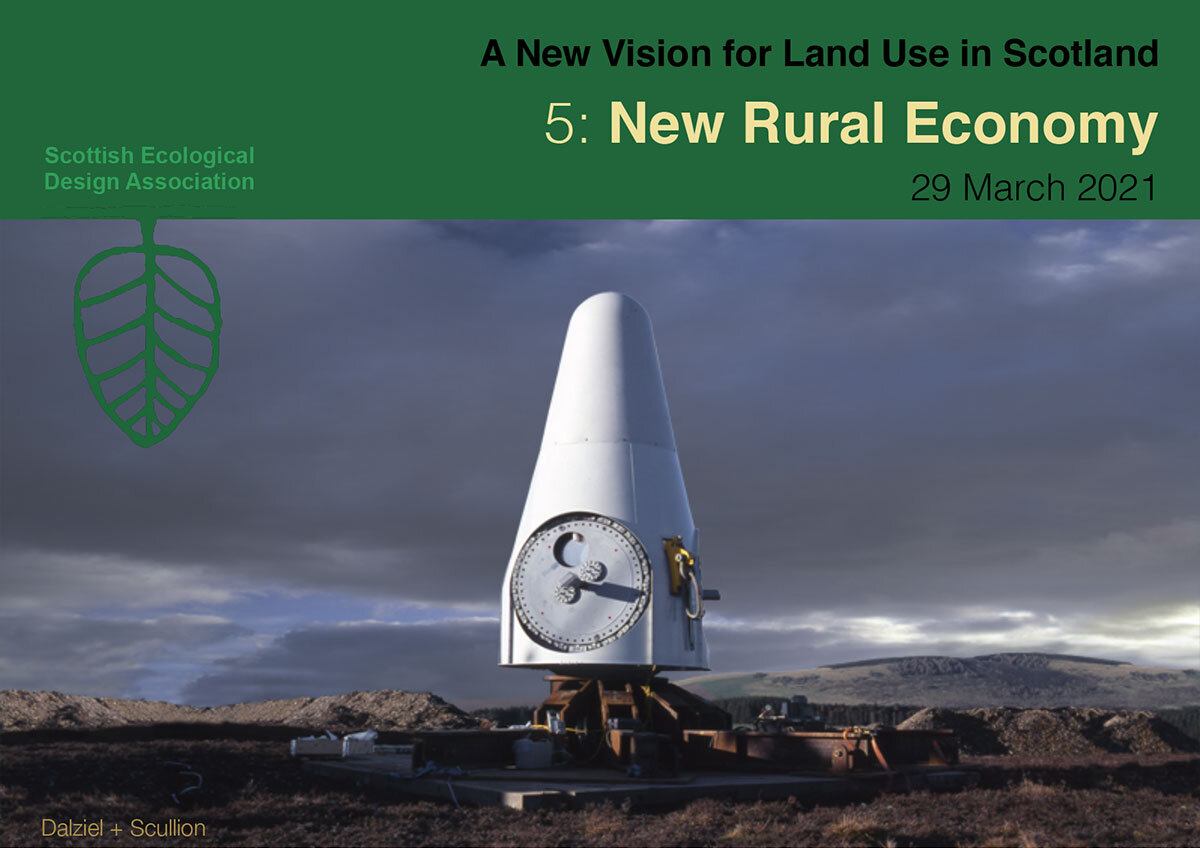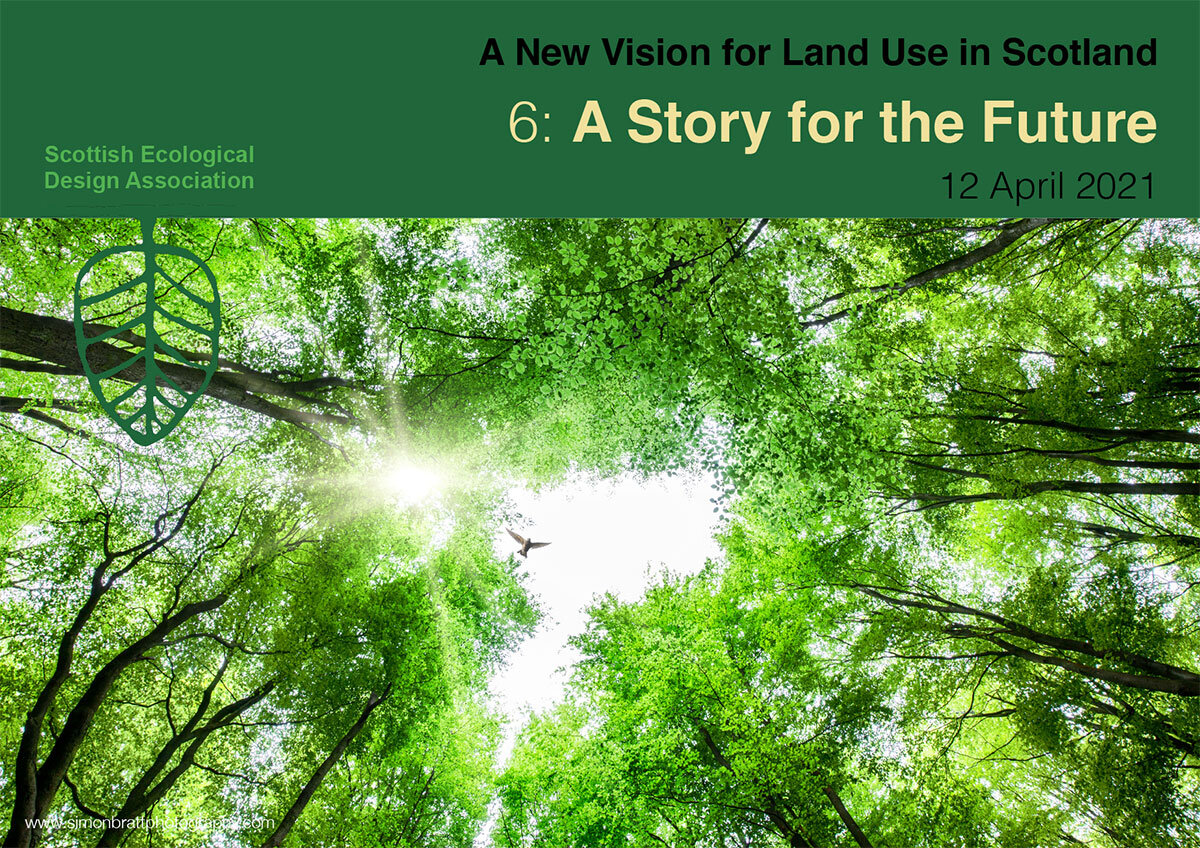Land Conversations / Countryside Visitors - Who Pays
COUNTRYSIDE VISITORS – WHO PAYS?
Online on Monday February 13th 4-6pm 2023
Could the future of Scotland's rural communities be transformed by considering health and tourism together?
Rural tourism makes a massive contribution to Scotland’s economy, including generating £1.2 billion from walking tourism alone, as well as improving the country’s social capital in terms of health and wellbeing. But many who live in rural communities are not getting their fair share of the benefits.
Rural communities are suffering the downsides - congestion (with settlements on the NC500 particularly badly affected), litter, housing pressures - on top of more longstanding problems including business closures and rural depopulation. Decades of under-investment in rural infrastructure have seen the deterioration or removal of ranger services, public toilets and rural roads. The Scottish Government recently stepped in with dedicated funding for visitor management but this was on an annual, one-off, basis whereas long-term investment is needed.
SEDA Land is running a conversation on how more of the fiscal and other benefits generated by visitors to the countryside - tourists, day-trippers, dog-walkers, mountain-bikers and other extreme sports enthusiasts - might be channelled back into the affected areas.
Recreation and enjoyment of the outdoors is also crucial for our health and wellbeing, with these benefits increasingly recognised in the growth of preventative medicine and the growing use of “green prescriptions”. Given the contribution that outdoor pursuits make to our health, should we be looking at alternative sources of investment in their infrastructure and management, rather than simply seeing them as part of rural tourism? Given the potential savings to NHS Scotland's £18bn-a-year budget we will also be looking at how some of the clawed-back funds might be redistributed to rural communities for investment in improving regional infrastructure and visitor management.
Join this diverse panel in the search for some innovative ways forward to tackle these overlapping problems.
Aims
To develop a model for local distribution of funding for the infrastructure necessary for rural tourism and supporting better health
To give communities the skills and responsibilities to enable/empower them to respond to the growing needs of tourism and supporting better health
Speakers
chair
Helen Todd
Policy manager, Ramblers Scotland
Helen has worked for Ramblers Scotland since 2004 where she is now campaigns & policy manager. She is a former trustee and chair from 2014-17 of Scottish Environment LINK, and also served as a director and vice-chair of Transform Scotland, the national alliance for sustainable transport. She is currently vice-chair of Planning Democracy. Before working for the Ramblers, Helen was a campaigns researcher for Friends of the Earth Scotland working on planning issues and she has a MSc in Ecological Economics from Edinburgh University. In a previous career Helen was a teacher, trainer and language school manager, mainly overseas. She is a keen walker, cyclist and gardener and completed her Munros in 2015.
Panel
Prof. Verity Watson
School of Medicine, Medical Sciences and Nutrition, University of Aberdeen
Verity leads the Preference and Value research theme. Verity's research focuses on the provision of public and publicly-provided private goods. In particular, the organisation and supply of health care, and patient's choices and shared decision making. Verity's research spans behavioural and experimental economics, health economics, health policy, environmental economics, labour economics, and poverty measurement. Verity has worked with academics from many different disciplines, the government and the pharmaceutical industry.
Naveed Bakhsh
Founder Boots and Beards
Naveed co-founded Boots and Beards, the Award winning Glaswegian hill walking group for Asians, and later its sister organisation Bonnie Boots for women only. Now Boots and Beards is open to everyone, irrespective of race, religion or ability but is particularly helping improve the health and well-being of Glasgow’s Asian population by giving them the opportunity to discover the Scottish mountains and offer camaraderie.
Carron Tobin
Enabler SCOTO
Carron is a director at ruralDimensions Ltd based in Callander. Carron was an exec director at Loch Lomond & The Trossachs National Park until 2009 and now works across Scotland on sustainable tourism initiatives and community engagement. She is a founding director of SCOTO, the recently launched Scottish Community Tourism network and has been appointed onto the Scottish Tourism & Hospitality Industry Leadership Group to champion the delivery of Scotland Outlook 2030 – responsible tourism for a sustainable future.
Rob Dickson
Director of Industry and Destination Development, Visit Scotland
Rob joined VisitScotland in August 2021 as Director of Industry and Destination Development. Rob has over thirty years’ experience in senior public sector and corporate leadership roles and has experience at a National and local level of a wide range of services and projects that involve economic development, tourism and environmental issues. Prior to joining VisitScotland Rob was at Scottish Borders Council for ten years latterly as Executive Director for Corporate Improvement & Economy. He led the Council’s work on re-opening the Borders Railway and on agreeing two growth deals including the cross-border Borderlands Growth Deal.
Laura Blackie
Countryside Ranger & Green Health Partnership, Dundee City Council
Laura is a Countryside Ranger with Dundee City Council where she runs the Dundee Branching Out programme. In recent years she has designed and delivered a number of local nature-based intervention including Family Fresh Air Club for young families from areas high on the SIMD, Borealis project for young adults with learning disabilities, Phoenix project for middle-eastern New Scots families enrolled in ESOL, and in collaboration with DCC's Humanitarian Protection Team the new Back to Nature group for recent Ukranian refugees. Laura has lived and worked on three continents, including several years on Skye, Mull, Sutherland and Argyll, Chile and the Yukon.
Caroline Millar
Sector Lead, Scottish Agritourism & farmer
Caroline farms beef, lamb and malting barley in Angus on the family farm located just north of Dundee. She and her husband run The Hideaway Experience, a tourism business on the farm. Caroline is Sector Lead for Scottish Agritourism and since 2008, has worked to raise the profile of agritourism as a significant opportunity for Scotland. In 2012 Caroline undertook the Scottish Enterprise Rural Leadership Programme and along with three others, developed the concept of “Go Rural” to help encourage City dwellers into the countryside and on to farms. Caroline was awarded the Bullock Award in 2021 for the Nuffield Scholar who has made the most significant contribution to agriculture. She was elected on to the Board of NFU Scotland as the East Central Chair in February 2021 and represents the agritourism sector on the Scottish Tourism Alliance Council. She is a former director and Chairman of the Oxford Farming Conference.
artistic contributions
The contributors tonight are:
Lania Knight Row End
Iain Fraser King O the Wood
Robbie Synge Forest Floor
Lania Knight writes poetry, fiction and creative nonfiction. Her poems and essays have appeared in Rattle, Post Road, Fourth Genre and elsewhere. An essay is forthcoming in Birmingham Poetry Review and a collection of essays There Is Fire Here is forthcoming summer 2023 from Signal 8 Press. Her books include a first novel that was shortlisted for the Lambda Literary Award in Debut Fiction, a dystopian novel set in the American Midwest, and a poetry pamphlet. She’s currently working on a memoir about looking after an allotment. Lania holds a PhD in English and Creative Writing from U of Missouri, and she lectures at The Open University.
Robbie Synge originally studied BSc (Hons) Physiology at Edinburgh University (2001), before working for several years in the science, health and education sectors in the UK and abroad, but now makes performance, film and objects. His work is rooted in choreographic thinking around the body and its meeting points and touch - alone and with others - in landscapes and with objects and materials. He lives in Nethy Bridge, where he currently focuses his time on developing community links and contemporary art activity particularly in relation to land use and restoration issues. https://www.robbiesynge.com/about
Forest Floor is a multi award-winning film shot in Abernethy Forest, Cairngorms. Robbie and Julie Cleves (London) playfully investigate cooperative, embodied solutions to access problems, often Involving simple DIY-made objects.“...a short film of astonishing beauty that redefines “adventure" - Keme Nzerem, Financial Times, May 2020.
Iain Fraser is a fiddle player based just south of Jedburgh. He wrote this tune for the King O The Wood Oak tree a few years ago but it was during the first lockdown in March 2020, when most of his family were living in the same household, that Iain and his videographer son Duncan decided to make a film honouring the tree. Taking a walk up to it has been a regular and frequent part of family life over the years and a combination of locality, history and aesthetic appeal provided the inspiration for the music and subsequently the video. https://iainfraser.bandcamp.com
The King O the Wood is in the Jed valley – now largely open farmland but there is evidence that there was once a large oak forest along the valley as evidenced by three historical accounts. The remains of the ancient forest, amounting to many hundred acres, were rapaciously cut down during the last century leaving two venerable representatives in the “King of the Wood” and “The Capon-tree”.


